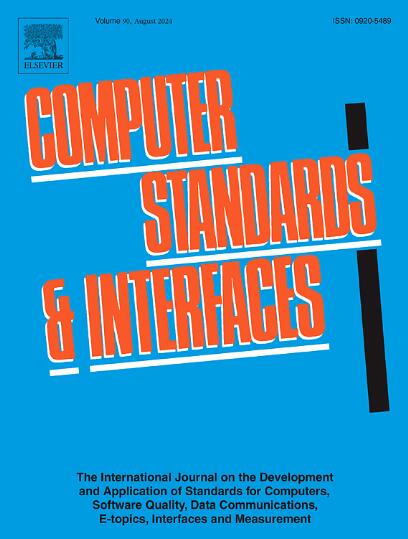Can LLMs revolutionize text mining in chemistry? A comparative study with domain-specific tools
IF 3.1
2区 计算机科学
Q1 COMPUTER SCIENCE, HARDWARE & ARCHITECTURE
引用次数: 0
Abstract
The exponential growth of chemical literature necessitates advanced tools for efficient data extraction and utilization. This study investigates the performance of Large Language Models (LLMs) in Chemical Named Entity Recognition (CNER), comparing them against traditional domain-specific tools. We fine-tuned the LLaMA-2 model using the NLM-Chem corpus and integrated a Retrieval-Augmented Generation (RAG) pipeline to enhance performance. The results revealed that fine-tuned LLaMA-2 models, particularly those incorporating RAG, achieved an F1 score of 0.82, surpassing the score of traditional CNER tools. Furthermore, LLMs demonstrated superior generalizability across different datasets. The study also explores the dependency of LLMs size for CNER tasks. A practical case study highlighting the application of these models in chemical entity extraction from pharmaceutical literature, achieving high accuracy in identifying drug and their interactions. These findings establish LLMs as a robust and adaptable alternative to traditional CNER tools, paving the way for transformative applications in chemoinformatics.

法学硕士能彻底改变化学中的文本挖掘吗?与领域特定工具的比较研究
化学文献的指数增长需要先进的工具来有效地提取和利用数据。本研究探讨了大型语言模型(llm)在化学命名实体识别(CNER)中的性能,并将其与传统的特定领域工具进行了比较。我们使用NLM-Chem语料库对LLaMA-2模型进行了微调,并集成了检索增强生成(RAG)管道来提高性能。结果表明,经过微调的LLaMA-2模型,特别是纳入RAG的LLaMA-2模型,F1得分达到了0.82,超过了传统CNER工具的得分。此外,llm在不同的数据集上表现出优越的泛化能力。研究还探讨了llm大小对CNER任务的依赖关系。一个实际案例研究,突出了这些模型在从药物文献中提取化学实体中的应用,在识别药物及其相互作用方面取得了很高的准确性。这些发现确立了llm作为传统CNER工具的强大且适应性强的替代品,为化学信息学的变革应用铺平了道路。
本文章由计算机程序翻译,如有差异,请以英文原文为准。
求助全文
约1分钟内获得全文
求助全文
来源期刊

Computer Standards & Interfaces
工程技术-计算机:软件工程
CiteScore
11.90
自引率
16.00%
发文量
67
审稿时长
6 months
期刊介绍:
The quality of software, well-defined interfaces (hardware and software), the process of digitalisation, and accepted standards in these fields are essential for building and exploiting complex computing, communication, multimedia and measuring systems. Standards can simplify the design and construction of individual hardware and software components and help to ensure satisfactory interworking.
Computer Standards & Interfaces is an international journal dealing specifically with these topics.
The journal
• Provides information about activities and progress on the definition of computer standards, software quality, interfaces and methods, at national, European and international levels
• Publishes critical comments on standards and standards activities
• Disseminates user''s experiences and case studies in the application and exploitation of established or emerging standards, interfaces and methods
• Offers a forum for discussion on actual projects, standards, interfaces and methods by recognised experts
• Stimulates relevant research by providing a specialised refereed medium.
 求助内容:
求助内容: 应助结果提醒方式:
应助结果提醒方式:


